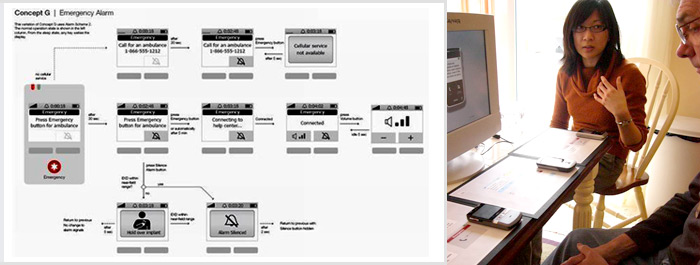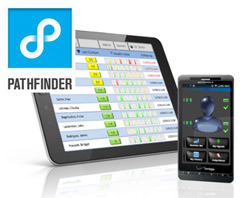 The axiom that those who can’t keep pace with progress will soon be left behind holds especially true for the past decade of significant change in the medical industry. In recent years, as mobile technology has begun steering medical device development more and more, Insight has established deep wireless technology expertise, integrating the latest innovations to drive the ongoing development of leading medical-device projects.
The axiom that those who can’t keep pace with progress will soon be left behind holds especially true for the past decade of significant change in the medical industry. In recent years, as mobile technology has begun steering medical device development more and more, Insight has established deep wireless technology expertise, integrating the latest innovations to drive the ongoing development of leading medical-device projects.
Most recently, wireless healthcare innovation has centered on the proliferation of mobile handheld devices as a primary user interface for remote data communication. And today, we see the next evolution taking hold: mobile applications for those handheld medical devices.
While mediums may be changing, the design principles behind each breakthrough remain the same. At Insight, we approach the mobile-app space using the same set of design considerations that have driven market success for our embedded devices, helping clients keep pace with industry progress while designing innovations that will be well received by end users.

This philosophy has kept Insight at the forefront of mobile innovation since the outset of the wireless movement. As far back as 2002, we worked to develop the Cisco System Home Health Hub, a wireless web portal designed for a conceptual smart household. Before wireless medical devices had become ubiquitous, Insight conceived a wireless hub for family health-monitoring needs. This hub communicated with devices in the home to track and trend weight, EKG, blood glucose levels, medications, and other data – information that was in turn uploaded to the family’s physician, enabling real-time feedback and monitoring for a wide variety of conditions.

By providing critical content to both clinicians and families, this early project guided and encouraged healthy behavior. At the same time, its success helped motivate Insight teams to keep a firm foothold at the forefront of health and wellness connectivity from the outset, and we have worked to build a significant knowledge base around this idea ever since.
With more and more data processing residing on the server side, and with handheld GPS-enabled devices evolving into super computers that can fit in a pocket, opportunities to enhance and influence consumer behavior continue to grow. In December 2011, market research firm Nielsen published a study on smartphone growth in the US from 2009 – 2011. As expected, usage among every age group grew dramatically during this time. But most striking was the rate of growth among the 35 – 54 and 55+ age groups: cumulatively, these 2 groups grew by an average of 43% in just 2 years, exceeding growth rates among younger demographics.

Such data reiterates that mobile technology is not constrained to younger generations and accounts for the recent spike in mobile-healthcare apps, spurred by companies’ efforts to cater to one of the largest aging populations in recent history. If you work in the medical-device industry, this growth trend should already be impacting your near-term road map for products and full-system solutions.
For Insight, the mix of specialized skill sets required to navigate this space makes mobile-technology frameworks particularly interesting. Innovation in personal-health monitoring requires a deep knowledge of not only the technology hardware embodiments that collect vital data, but also the experiential user knowledge to pull the full system together in a meaningful and engaging way. At the same time, these 2 components must be accompanied by the acumen and experience critical to navigating emerging FDA requirements and HIPAA-compliant electronic healthcare records (EHRs).

As with embedded wireless devices, a successful development strategy in mobile depends on the right combination of user research, human-factors considerations, technology innovation, risk mitigation, and regulatory knowledge.
Recently, Insight has been working in conjunction with Pathfinder, a Chicago-based software-development company specializing in mobile apps, to realize a user-based design strategy for developing the next generation of mobile health apps – innovations that deliver on functionality while defining the way data is collected, analyzed, stored, and presented to each user. This partnership expands the software capabilities of our holistic development process, keeping our clients on pace with or ahead of industry progress.
Because previously unregulated technologies are coming under great scrutiny by the FDA, Insight and Pathfinder are now focused on navigating the agency’s reach and impact on the software-information side, helping our clients meet regulations and get to market first. Our proven product-development strategies support FDA requirements for medical interfaces and cater to the patient, caregiver, and clinician in every way, ensuring safety and ease of use for embedded devices as well as web and mobile applications.

